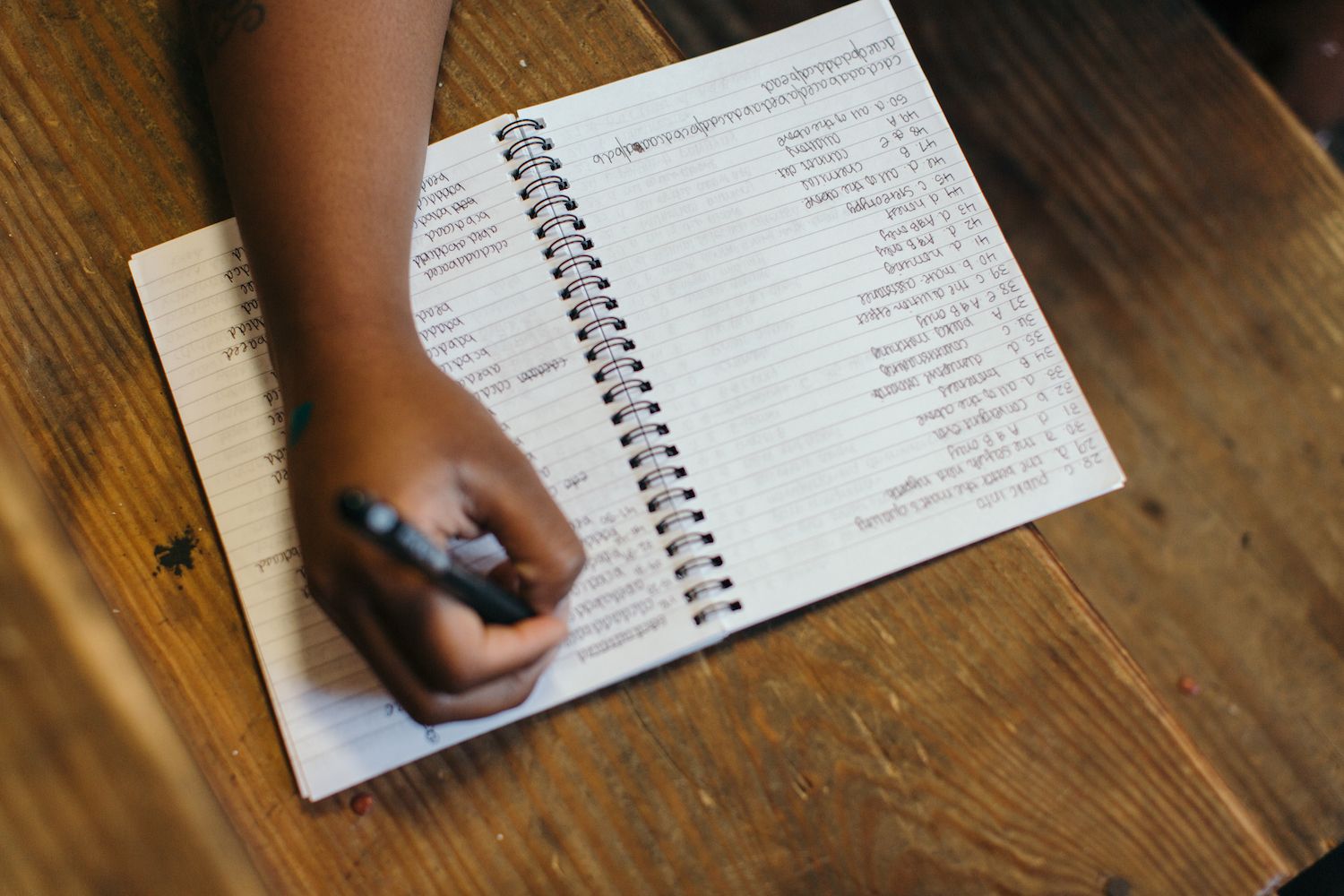Technology is stressing you out. But don't worry, it's not just you. The tools we use at work are engineered to keep us engaged. Our phones keep work just a few feet away 24 hours a day. All of us are susceptible to the tractor beam that is the modern workplace.
As a result, most of us are extremely inefficient workers. We bounce around from one application to the next, responding to notifications and answering emails as the hours pass. Before you know it, the day is over and you haven't made meaningful progress on your real work.
Luckily, there is a solution to this. Good work habits are the key to getting more done with less stress. And since technology tends to create bad work habits, we must be ever mindful of how and where we spend our time.
As someone that's obsessed with work-life equilibrium, I've become increasingly skeptical of any shortcut that promises a better life. Tech cannot save you, but better habits can. Here are a few suggestions.
Work in layers, not silos.
Our days tend to be a blend of different projects, software and conversations. These layers make up our work, but we don't often extract as much value from them as we could.
Research, for example, is something we tend to do in a silo, but that we can do as a layer. As you jump in and out of projects and chat with coworkers, you can glean the useful bits for later. When your mind is a dragnet for good ideas, you'll find that you have more when you need them.
This is especially useful for writers. Keep an eye out for the good articles, ideas, graphics and quotes that come across your desk. Save them, tag, categorize them. Even the ones that seem entirely unrelated to your current work can be useful in the future.
Collecting ideas helps you develop taste. It also means you have a growing database of vetted creative work to draw from when you need inspiration.
Tools
- Pinboard - for collecting and organizing bookmarks
- Evernote - for clipping images and quotes
- Mail to Self - for sending yourself email reminders
Write more.
Paul Graham says, “Writing doesn’t just communicate ideas; it generates them.”
A regular habit of writing—whether you share it publicly or not—is the best way clarify the many thoughts buzzing around your mind. You'll find recurring themes in your ideas as you write more. In my own writing, for example, I find that I reference work-life balance and fitness often. It forces me to question if my actions support my values.
Writing is a form of meditation that helps you chew on the things that bother and excite you. If you want to stay accountable to the goals you have set for yourself, regular writing is the answer.
Tools
- Draft - for distraction-free writing
- Ghost - for creating a dead-simple blog
- Pomodoro timers - for helping you focus in short sprints
Be skeptical of technology.
I love new technology, but I'm extremely hesitant to use it at work. The longer I work, the more I realize that most technology is designed to keep me at my desk. Very few tools actually help us be more productive.
I invite you to join me in my skepticism of software. Slack is the most obvious example of a tool that promotes productivity, but actively works to distract us. There are so many others. Project management software, email apps, collaboration suites, calendars—they all have ulterior motives. Understand your mission, then work backward to find the handful of tools that can actually help get you there.
Tools
- A pen and paper - for creating a no-frills to-do list
- Coffee - for an extra kick in the pants
Learn to work without a computer.
We associate work with sitting at a computer, but your best work is probably done outside the office. If you're healthy, rested and happy in the rest of your life, it's easier to focus when you're working. As a bonus, it'll motivate you to finish work faster to get back to all the other things you love in your life.
Here are just a few of the many ways to get real work done without a computer.
- Think: You need quiet time to mull complex ideas. An hour of quiet thinking could help you save many wasted hours at a computer.
- Walk: It's proven to help you be more creative and productive.
- Talk: Hashing out ideas with a friend will likely help you come to a strong conclusion faster. Rely on your friends, family and peers to help you talk through things that frustrate you.
- Draw: Visualization (along with regular writing) is a great way to help you declutter your brain. You don't need to be an artist, you just need to be willing to be bad at first.
- Sleep: Like Jason Fried says, "Being tired isn’t a badge of honor." Get the rest you need to be happy and productive when you're working.
- Read: Everyone knows that reading is great for their brain, but almost none of us read as much as we should. When you find a great book and or a long-form article you want to dive into, don't read it on a computer or mobile device.
- Move: Run, lift weights, play sports. Get outside and move. It's good for the body and brain.
Work doesn't have to be so stressful. A few good habits can go a long way towards helping you be happy, healthy and balanced.

